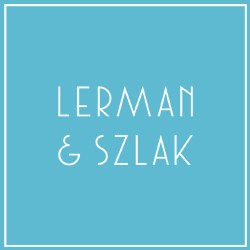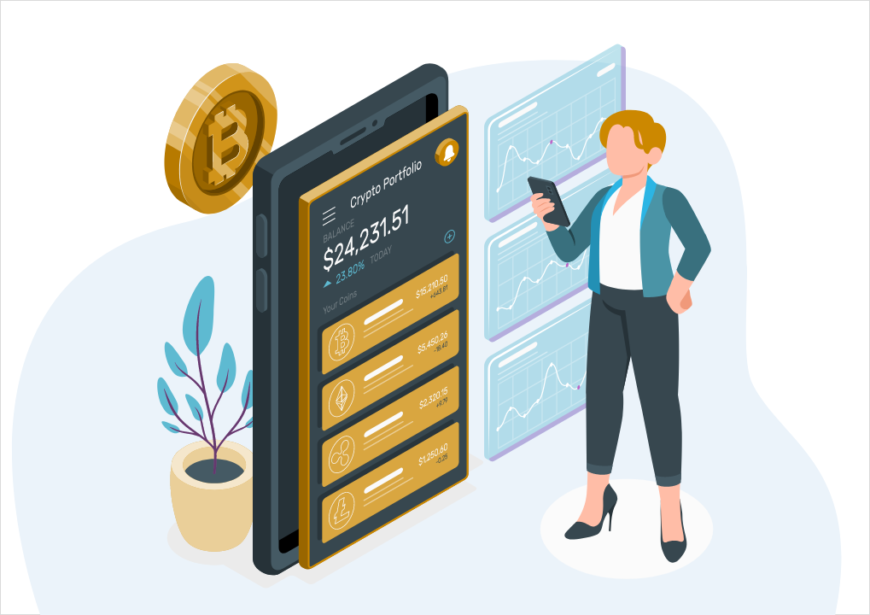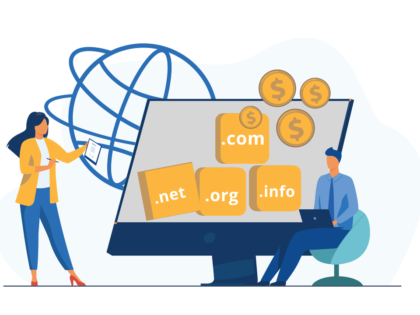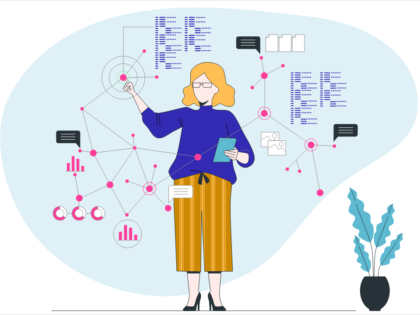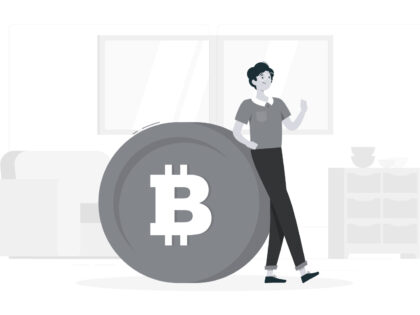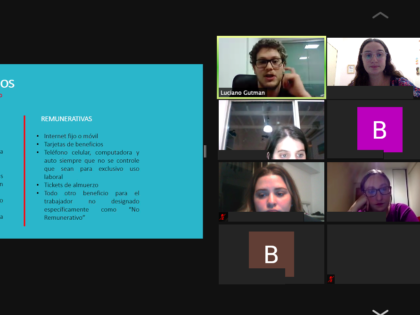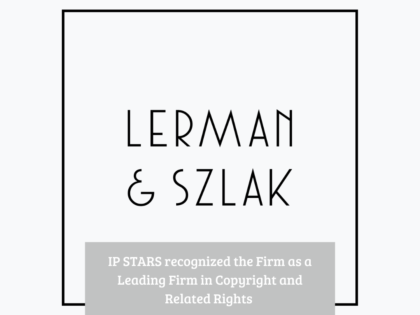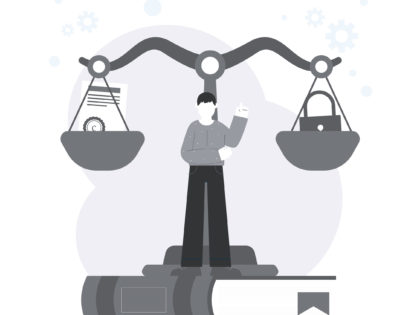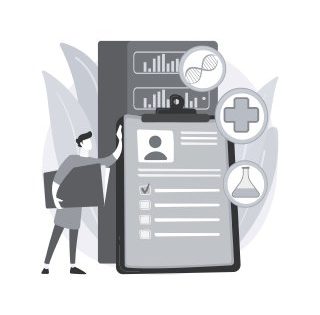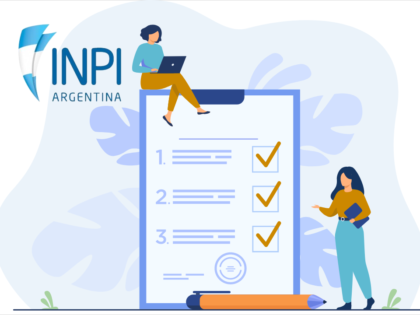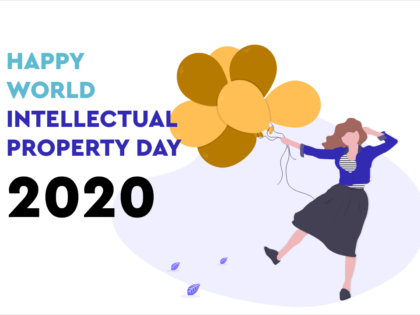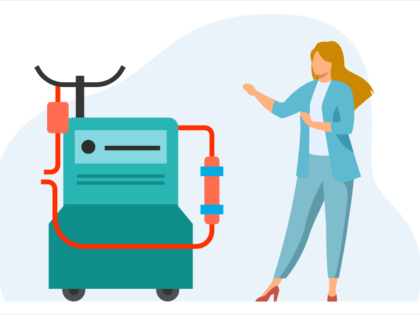New Developments in the Argentine Government’s Approach to Cryptoeconomics
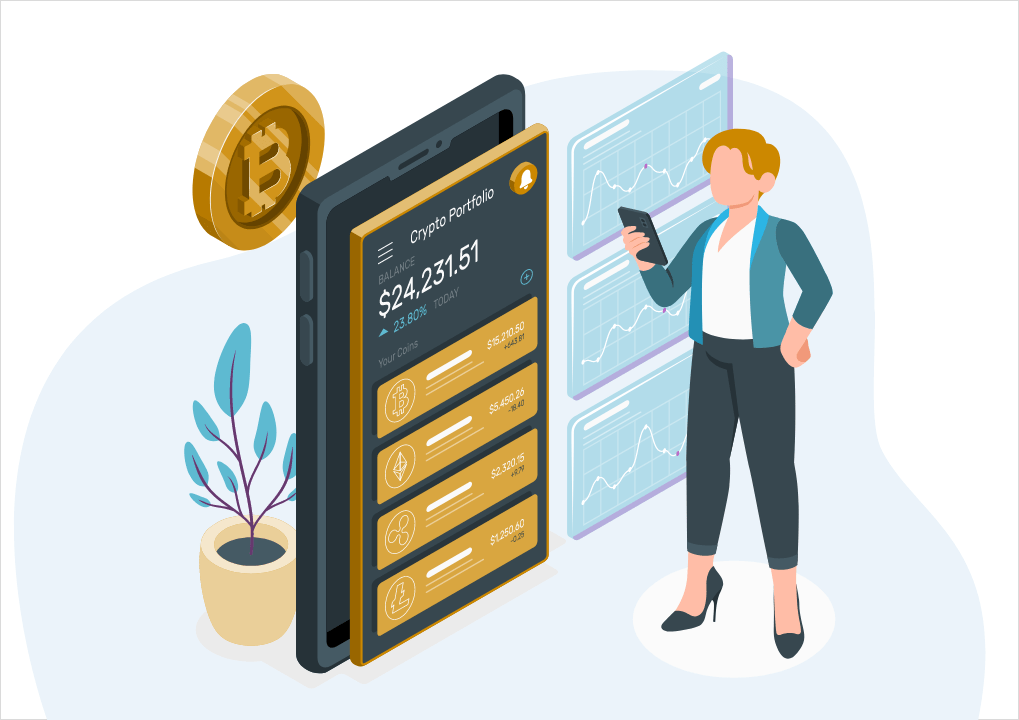
April brought several changes in the way in which the different public agencies in Argentina assimilate the expansion and massification of crypto economy and blockchain technology, which have spread to different fields of daily life and branches of the market.
On a general basis, regulatory bodies are among the last stakeholders to react to this type of innovations. That is the reason why at Lerman & Szlak we think that any approach to these issues deserves to be mentioned and analyzed, no matter how slow and imperfect it may be.
Financial Innovation and Inclusion Hub of the National Securities and Exchange Commission
As of General Resolution 926/2022, the National Securities Commission (or “CNV”, after its acronym in Spanish) launched the Financial Innovation and Inclusion Hub, a space for communication and collaboration between the CNV and companies with innovative projects for the financial sector.
The Hub aims to bring new technologies and disruptive financial products to the CNV, allowing it to work on modern regulations that support changes in the industry. These co-regulation scenarios, when approached with transparency, efficiency, and honesty by the public and private sector, can lead to solid regulations with high levels of consensus and compliance by the obligated parties.
The main branches of the financial industry targeted by the Hub are the tokenization of financial assets and real economy assets through blockchain technology. The tokenization of real economy assets is booming, particularly in agro-related assets, going from cows to soybeans.
Expansion of the Statutory Activities of the National Mint
During April of this year, the Government also expanded the National Mint’s statutory activities, which to date were practically limited to the production of money and other public documents and security prints.
The National Decree 207/2022 states that one of the reasons for extending the scope of the entity’s activities are the technological advances in transactions, traceability and certification of documents, and the proliferation of blockchain technology. Therefore, new activities proper to the National Mint include:
- To develop and manage software for issuance and administration of digital validations and certifications.
- To develop and operate exchanges.
- To administer, manage and transmit digital services and goods;
- To develop and operate both centralized and decentralized databases.
Although certain stakeholders of the crypto economy have been critical of state-managed decentralized technologies, there is no doubt that there are successful cases of public-private collaboration in decentralized networks, such as the Argentine Federal Blockchain.
As of this decree, the National Mint is enabled to provide a myriad of services that are currently offered solely by the Fintech industry and exchanges. This could even lay the groundwork for issuing digital Argentine pesos in the future. This is part of a global trend, such as projects for digital dollars or yens, or the already launched digital renmibi, issued by the Central Bank of the People’s Republic of China. These currencies, known as Central Bank Digital Currencies (CBDC), do not operate within the conventional banking system. Instead, all transactions of CBDC are recorded in a blockchain.
There is no lack of critical voices in Argentina against CBDCs. Several experts point out that they could mean an increase of state control over the assets of citizens and companies. Nonetheless, a digital peso, if the cash option remains available as well, will not entail a drastic change in the current situation, since the existing increase in digitalization of asset holdings and transfers allows tax collection agencies to have a pretty complete outlook of the wealth and income of individuals and companies.
Another usual criticism that has been made to all CBDCs is that they still constitute fiat money, and therefore, that they cannot be considered as part of the decentralized and deregulated crypto economy. However, they still encourage innovative solutions, for example, with the possibility of integrating CBDCs into smart contracts.
For guidance and advice related to disruptive technologies and businesses, cryptocurrencies, NFTs and blockchain please do not hesitate to contact us at info@lermanszlak.com.
Luciano N. Gutman y Gabriela Ruth Szlak (C.P.A.C.F. Tº 79 Fº 516)
